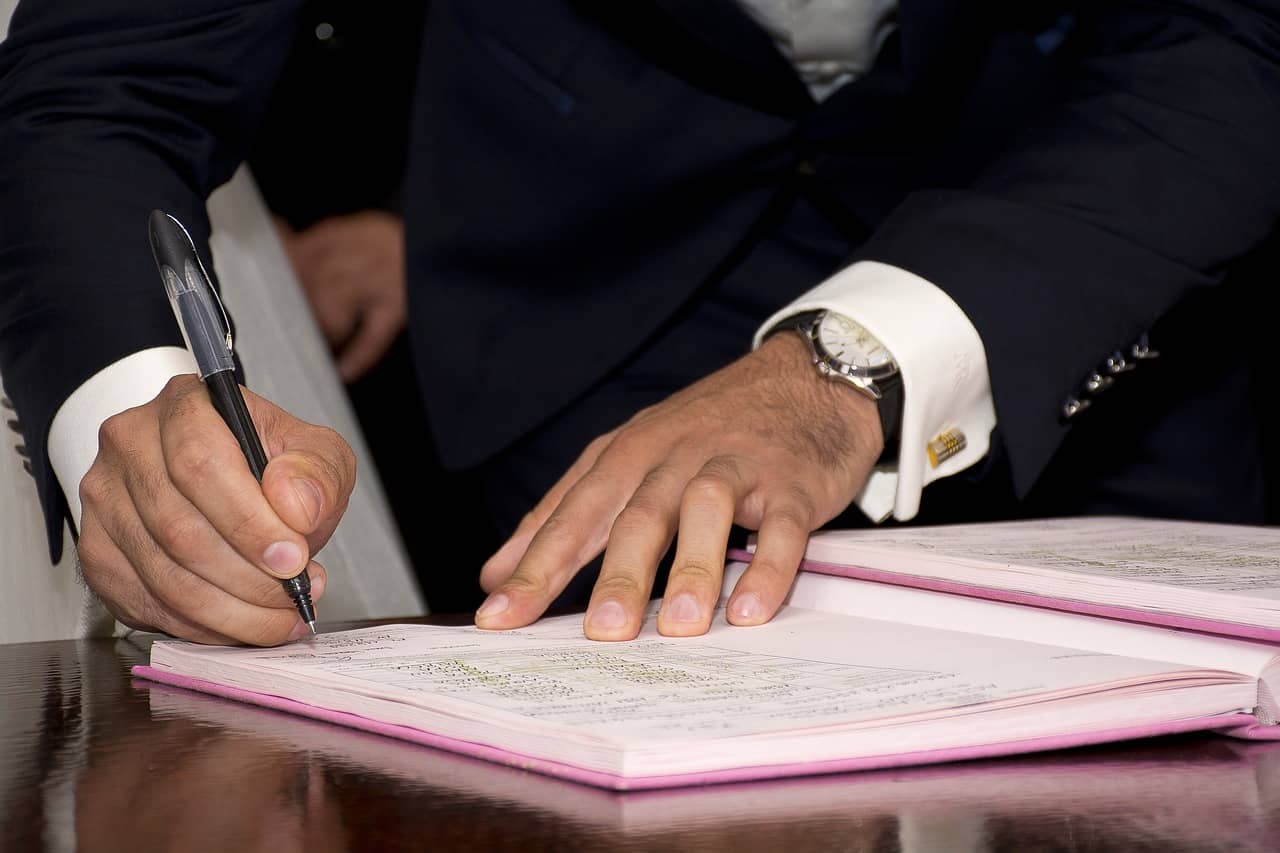Estimated reading time (in minutes)

Sometimes you want to cancel an IOU . The acknowledgment of debts being a legal act, is it possible ? How to try to obtain its cancellation?
Yes, if there is a defect of consent
The acknowledgment of debts being a legal act, the consent of the debtor must be free and informed at the time of its signature. The civil code recognizes three vices of the consent which make it possible to obtain the nullity of an acknowledgment of debts.
– Error: this is the case, for example, if the debtor thinks he is signing a loan agreement when in fact it is an acknowledgment of debt.
– Violence is also considered a violation of consent: this is the case if the IOU was signed, for example, at gunpoint. Violence can also be more pernicious with a creditor who threatens to file a complaint against the debtor if the latter does not sign the acknowledgment of debts. It will then be up to the judge the judge to decide on the legitimacy of the violence.
– Finally, the third vice of consent: fraud, that is to say civil fraud. It is defined as the maneuvers of a creditor with the aim of inducing the debtor to sign the acknowledgment of debts.
As a debtor, it will be up to you to prove to the judge that the signature of this acknowledgment of debts was tainted by one of these three vices of consent.
Yes, if there is a defect in the form
The other possibility to obtain the nullity of the acknowledgment of debts is the non-respect of the formalities. Indeed, for an acknowledgment of debt to be valid, certain formalities must be respected. First of all, a writing is necessary for any debt over €1,500. Second formality: the amount due must be entered in figures and in words, and in handwritten form.
However, there are exceptions, particularly in the commercial field where the principle of freedom of mode of proof prevails. In addition, for moral reasons, the spouses (spouses, cohabitants, etc.) cannot have established a written document between them.
However, be aware that if the creditor does not have these necessary details, he can always try to prove that the debt is real by any other means of proof, including testimonials.
Debt challenge itself
To obtain the cancellation of the debt, one also has the possibility of questioning it. This is the case when it no longer exists: indeed, a debt can be extinguished due to its repayment. The debt can also be prescribed: for example, in terms of rent, the prescription is 5 years. In addition, the debt can be called into question if there has been no consideration and you have obtained nothing in exchange, or if it is immoral: this is the case if we have signed an acknowledgment of debt to someone who was selling their kidney or blood, which are legally ‘off the shelf’.
How to get the cancellation?
A debtor can request the nullity of the acknowledgment of debt before the court. But you should know that, most often, it is not the debtor who acts first, but the creditor: the latter summons the debtor before the court to condemn him to pay the amount of the debt. It is at this time that the debtor can try to obtain the cancellation of the act. Depending on the nature and amount of the debt, the competent court differs. If the debt was contracted between traders, only the commercial court can decide. If the debt was contracted between individuals, or between an individual and a merchant, the civil court is competent. The court also differs according to the amount of the debt: high court for a debt greater than 10,000 euros,
DAMY law firm , Nice – recognition of claims – Update 2022.
